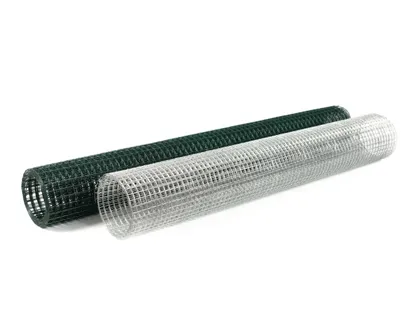Gabion Wall Exporters for Durable Retaining Solutions and Structural Support
The Role of Gabion Box Retaining Walls in Modern Construction
In recent years, gabion box retaining walls have emerged as a solution in civil engineering and landscape architecture, addressing various challenges associated with soil erosion, slope stabilization, and aesthetic landscaping. These structures, composed of wire mesh cages filled with stones or other materials, offer both functional and aesthetic benefits, making them a popular choice among builders and designers alike.
Understanding Gabion Boxes
Gabion boxes are rectangular or cubic wire mesh containers that can be filled with natural stones, recycled concrete, or other materials. They originated from military applications, where they were used for fortifications. Today, their use has transcended military purposes, evolving into a versatile option for modern construction projects. One of the key advantages of using gabion boxes is their ability to adapt to various environmental conditions, making them suitable for both urban and rural settings.
Benefits of Gabion Box Retaining Walls
1. Erosion Control Gabion retaining walls are particularly effective in controlling soil erosion. The weight of the stones within the gabion boxes helps to retain soil in place, preventing landslides and managing runoff during heavy rains. This characteristic is crucial for projects near rivers or on slopes where soil stability is a concern.
2. Flexibility and Adaptability Unlike traditional concrete walls, gabion retaining walls can accommodate ground movement. Their design allows for natural drainage, reducing hydrostatic pressure behind the wall. This flexibility is essential in regions prone to seismic activity or where soil conditions can be unpredictable.
3. Cost-Effectiveness Gabion walls can often be more economical than conventional retaining walls. The materials used to fill the gabions can vary widely, including local stone, reducing transportation costs. Additionally, the installation process is relatively straightforward, potentially leading to lower labor costs.
4. Environmental Sustainability Using locally sourced materials for gabion boxes aligns with sustainable construction practices. Furthermore, the permeability of gabion walls allows rainwater to seep through, minimizing runoff and promoting natural vegetation growth in the surrounding area. This solution promotes ecological balance while providing a robust support structure.
5. Aesthetic Appeal Gabion walls can enhance the visual aspect of landscaping projects. They can be designed to blend with natural surroundings or to stand out as a unique feature. By selecting different materials for filling the gabion boxes, designers can create walls that reflect the local environment while providing structural integrity.
gabion box retaining wall exporter

6. Low Maintenance Once installed, gabion box retaining walls require minimal maintenance compared to traditional walls. They do not crack or require paint, making them a low-maintenance option for builders.
Applications of Gabion Box Retaining Walls
Gabion box retaining walls have found applications in various fields
- Residential Landscaping Homeowners use gabion walls to create terraces, gardens, and decorative features that minimize erosion while enhancing property aesthetics.
- Infrastructure Projects Engineers incorporate gabion walls into roadways and bridges to manage slopes and prevent erosion during heavy traffic or adverse weather conditions.
- Riverside Structures Gabion boxes serve as barriers along rivers and streams to prevent soil erosion and manage water flow, creating a safer environment for both natural habitats and human settlements.
- Mining and Quarrying In these industries, gabion walls stabilize loose earth structures and manage waste materials, combining functionality with safety.
Conclusion
In summary, gabion box retaining walls represent a significant advancement in civil engineering and landscape architecture. Their unique characteristics provide multifaceted solutions to common problems related to soil erosion and slope stability. With their cost-effectiveness, environmental sustainability, and aesthetic versatility, it's no surprise that these structures have become a preferred choice in modern construction. As we continue to explore innovative building techniques, gabion walls will undoubtedly play a crucial role in creating more resilient and sustainable environments.
-
The Ultimate Guide to Premium Quality Field Fence Solutions
NewsAug.12,2025
-
The Essential Guide to Premium Square Wire Mesh Solutions
NewsAug.12,2025
-
The Essential Guide to Hexagonal Wire Netting Farm Fencing
NewsAug.12,2025
-
Premium Continuous Deck Rail Slab Bolster Solutions
NewsAug.12,2025
-
High-Performance Aluminum Tie Wire Reel for Construction Applications
NewsAug.12,2025
-
Crafted Premium Galvanized Hexagonal Gabion Wire Mesh Solutions
NewsAug.12,2025














